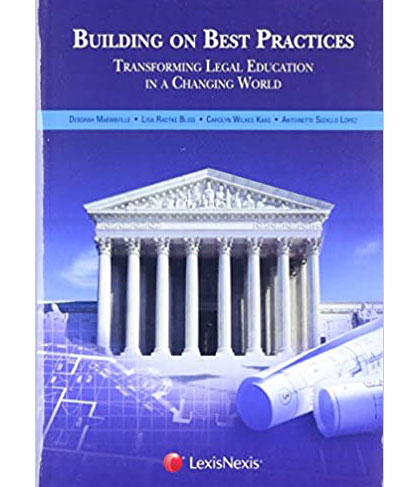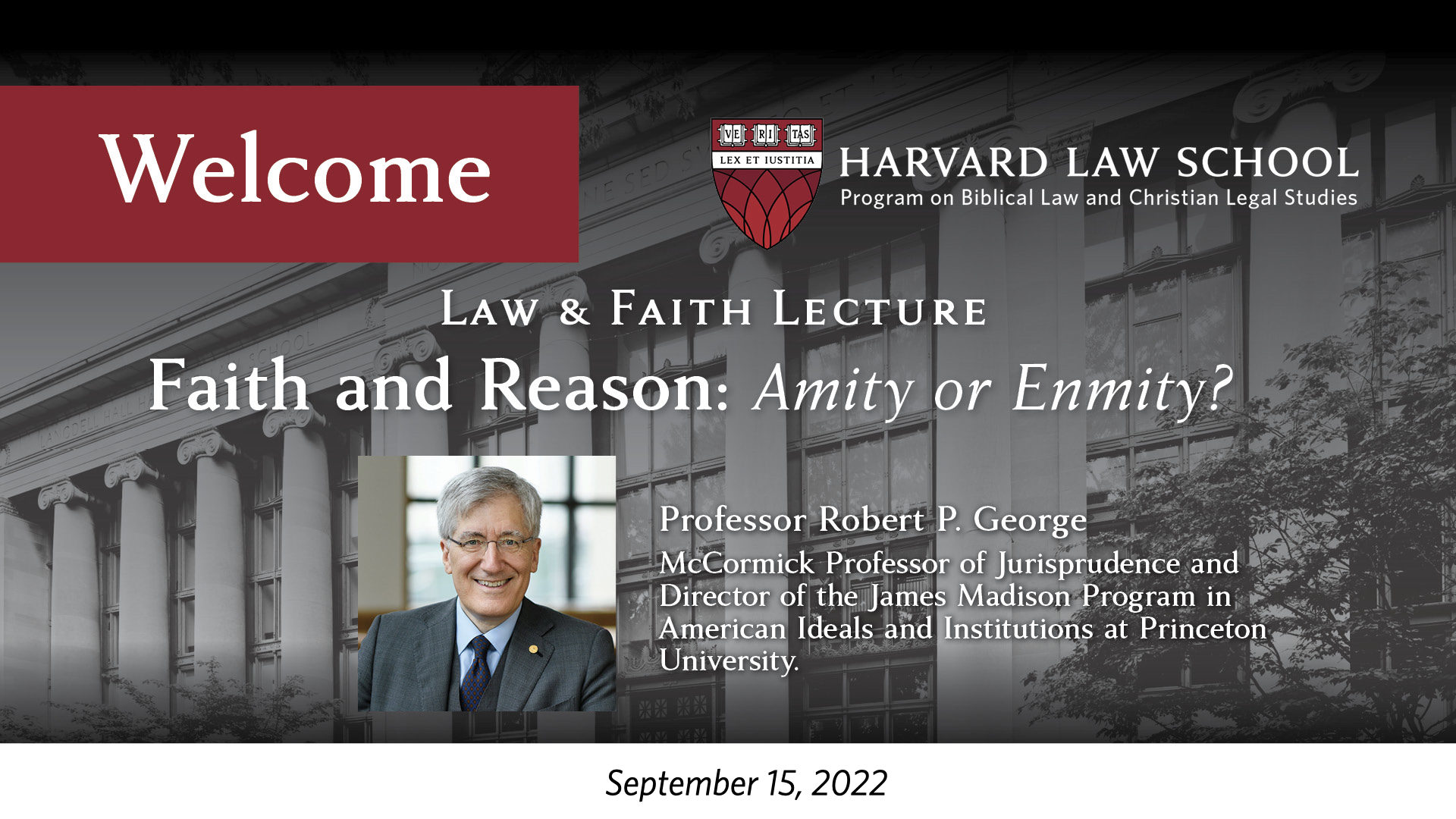
Teaching Knowledge, Skills, and Values of Professional Identity Formation
Both Best Practices for Legal Education and Educating Lawyers: Preparation for the Profession of Law suggest that it is a best practice to cultivate students’ professional identity formation explicitly and pervasively as part of the program of legal education. Helping students develop their “professional identity” is different from teaching them “professionalism,” as the latter term is often interpreted. Lawyer professionalism has often referred to adherence to standards or norms of conduct beyond those required by the ethical rules, and the focus of the current discussion of professionalism largely remains on outward conduct like civility and respect for others. Civility and respect for others are foundational to emerging lawyers’ understanding of professional conduct, but professional identity engages students at a deeper level by asking them to internalize principles and values such that their actions flow habitually from their moral compass.
The process of forming students’ professional identities requires exposing them to explicit areas of knowledge, skills, and values. This section of the forthcoming book Building on Best Practices: Transforming Legal Education in a Changing World (Lexis 2015) builds on Best Practices’ thesis concerning what it means to be a legal professional first by identifying more specifically the content of that knowledge and the nature of those values and skills, and then by discussing particular teaching methods aimed at promoting students’ professional identity formation. Because formation of developing lawyers’ professional identities requires pervasive efforts, a law school that has embraced the goal of formation ought to combine the practices suggested in this section with those in the other sections of Building on Best Practices.

